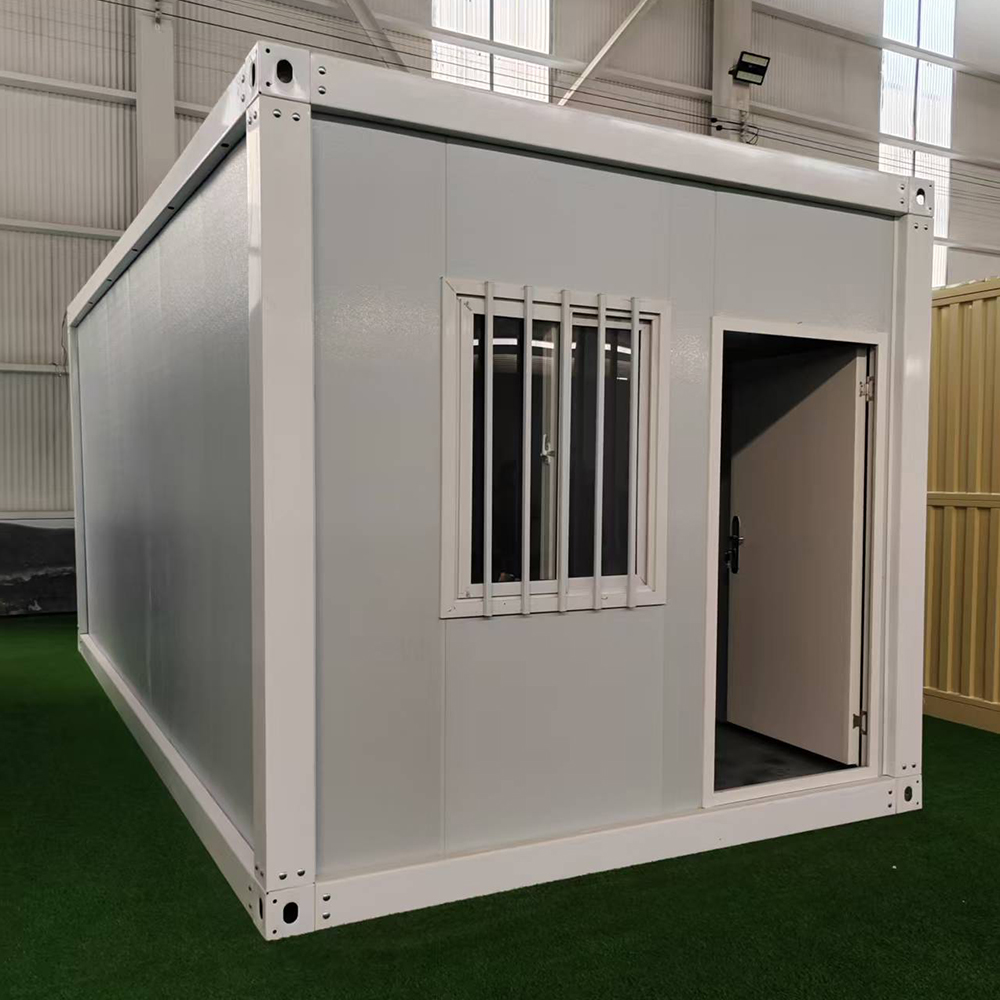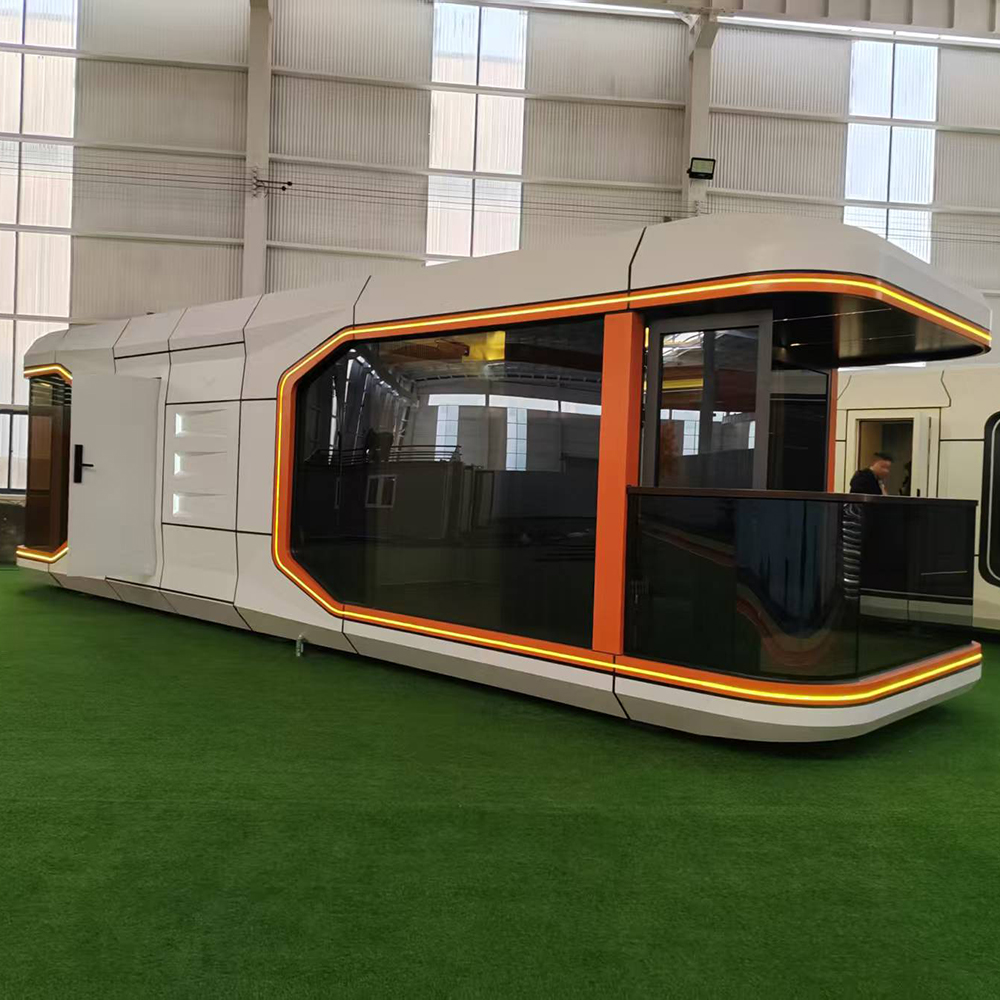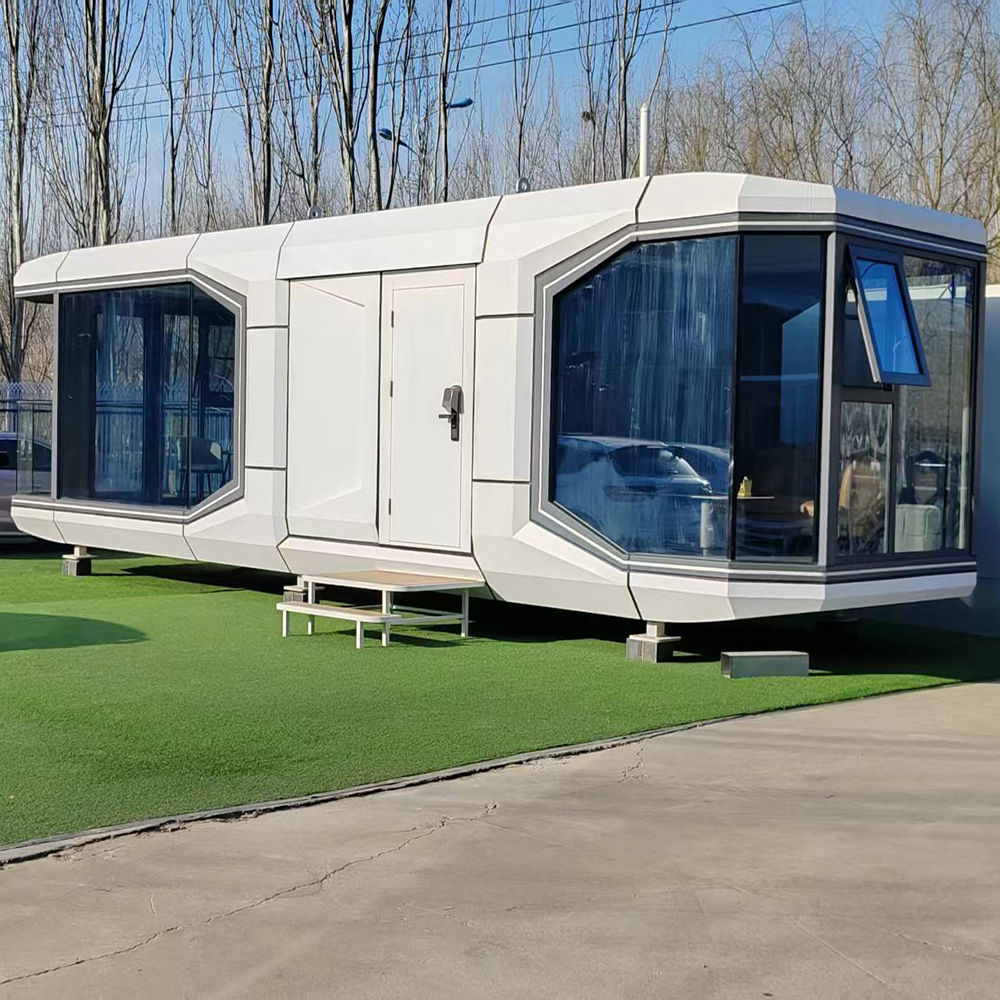-
อีเมล์
Austin120521@outlook.com -
อีเมล์
sales@jujiuhouse.com -
โทรศัพท์
+86-17864099991 -
โทรศัพท์
+86-17854044442
- English
- Chinese
- French
- German
- Portuguese
- Spanish
- Russian
- Japanese
- Korean
- Arabic
- Irish
- Greek
- Turkish
- Italian
- Danish
- Romanian
- Indonesian
- Czech
- Afrikaans
- Swedish
- Polish
- Basque
- Catalan
- Esperanto
- Hindi
- Lao
- Albanian
- Amharic
- Armenian
- Azerbaijani
- Belarusian
- Bengali
- Bosnian
- Bulgarian
- Cebuano
- Chichewa
- Corsican
- Croatian
- Dutch
- Estonian
- Filipino
- Finnish
- Frisian
- Galician
- Georgian
- Gujarati
- Haitian
- Hausa
- Hawaiian
- Hebrew
- Hmong
- Hungarian
- Icelandic
- Igbo
- Javanese
- Kannada
- Kazakh
- Khmer
- Kurdish
- Kyrgyz
- Latin
- Latvian
- Lithuanian
- Luxembou..
- Macedonian
- Malagasy
- Malay
- Malayalam
- Maltese
- Maori
- Marathi
- Mongolian
- Burmese
- Nepali
- Norwegian
- Pashto
- Persian
- Punjabi
- Serbian
- Sesotho
- Sinhala
- Slovak
- Slovenian
- Somali
- Samoan
- Scots Gaelic
- Shona
- Sindhi
- Sundanese
- Swahili
- Tajik
- Tamil
- Telugu
- Ukrainian
- Urdu
- Uzbek
- Vietnamese
- Welsh
- Xhosa
- Yiddish
- Yoruba
- Zulu
- Kinyarwanda
- Tatar
- Oriya
- Turkmen
- Uyghur

บ้านโมดูลาร์แบบขยายได้ช่วยเพิ่มความยั่งยืนได้อย่างไร?
2025-09-06
ในภูมิทัศน์ที่เปลี่ยนแปลงไปของการก่อสร้าง บ้านโมดูลาร์ที่ขยายได้ กำลังได้รับความสนใจจากแนวทางที่เป็นเอกลักษณ์เพื่อความยั่งยืน แม้ว่าหลายคนคิดว่านี่เป็นเพียงเทรนด์การก่อสร้างอีกรูปแบบหนึ่ง แต่พวกเราที่ทำงานอย่างใกล้ชิดในสาขานี้ เช่น ที่ Shandong Jujiu Integrated Housing Co., Ltd. ก็ตระหนักดีถึงศักยภาพที่แท้จริงของโครงสร้างเหล่านี้ สิ่งเหล่านี้ไม่ได้เป็นเพียงการประหยัดพื้นที่หรือลดต้นทุนเท่านั้น แต่ยังมีอะไรอีกมากมายที่ซ่อนเร้นอยู่
ทำความเข้าใจกับแนวทางแบบโมดูลาร์
เมื่อมองแวบแรก บ้านโมดูลาร์อาจดูเหมือนเน้นเรื่องความสะดวกสบายและราคาที่เอื้อมถึง ความจริงก็คือมันเป็นเรื่องของนวัตกรรมจริงๆ ข้าพเจ้าจำได้ว่าเคยไปสถานที่แห่งหนึ่งซึ่งมีการประกอบบ้านเหล่านี้ การได้ดูการติดตั้งชิ้นส่วนสำเร็จรูปแบบไร้รอยต่อนั้นน่าประทับใจเป็นอย่างยิ่ง มันไม่ได้แค่เร็วขึ้นเท่านั้น ความแม่นยำหมายถึงการสิ้นเปลืองน้อยลงและข้อผิดพลาดน้อยลง
ข้อได้เปรียบที่สำคัญประการหนึ่งที่เราสังเกตเห็น โดยเฉพาะอย่างยิ่งในบริษัทอย่าง SHANDONG JUJIU INTEGRATED HOUSING CO,LTD ก็คือสภาพแวดล้อมที่ได้รับการควบคุม การผลิตชิ้นส่วนต่างๆ ในโรงงานช่วยลดการสูญเสียให้เหลือน้อยที่สุด ด้วยโครงสร้างแบบดั้งเดิม สภาพอากาศอาจเป็นปัจจัยสำคัญในการเน่าเสียของวัสดุ ซึ่งจะช่วยบรรเทาลงได้อย่างมาก
อีกแง่มุมที่โดดเด่นคือความยืดหยุ่น ลูกค้ามักต้องการการกำหนดค่าที่แตกต่างกัน และความสามารถในการขยายหรือแก้ไขโดยไม่ต้องรื้อโครงสร้างทั้งหมดถือเป็นข้อได้เปรียบที่สำคัญ นี่คือจุดที่โมดูลาร์โดดเด่นอย่างแท้จริง นั่นคือประสิทธิภาพในการเปลี่ยนแปลง
ประสิทธิภาพทรัพยากรและการลดของเสีย
เมื่อเราพูดถึงความยั่งยืน ประสิทธิภาพของทรัพยากรถือเป็นหัวใจหลัก ในการก่อสร้างแบบดั้งเดิม การตัดไม้ การขนส่ง และการตัดวัสดุในไซต์งานอาจเป็นทรัพยากรที่ต้องใช้ทรัพยากรมาก ด้วยโมดูลาร์ สิ่งเหล่านี้ส่วนใหญ่ได้รับการปรับปรุงให้มีประสิทธิภาพมากขึ้น การออกแบบที่ล้ำหน้าช่วยเพิ่มประสิทธิภาพการใช้วัสดุ และลดของเสียได้อย่างมาก
ฉันได้เข้าร่วมในโครงการบางโครงการที่ขยะหลังการก่อสร้างแทบจะไม่มีเหลือเลย นี่ไม่ใช่แค่วาทศาสตร์ที่เป็นมิตรต่อสิ่งแวดล้อมเท่านั้น เป็นการลดการมองเห็นที่วัดได้ ในทางตรงกันข้าม วิธีการแบบเดิมๆ มักจะทิ้งรอยเปื้อนไว้อย่างมาก
การลดลงนี้รวมถึงการใช้พลังงานระหว่างการก่อสร้างด้วย เนื่องจากงานส่วนใหญ่ในโรงงานเสร็จสิ้น ทำให้มีการควบคุมกระบวนการต่างๆ ได้ดียิ่งขึ้น ซึ่งหมายความว่าสามารถเพิ่มประสิทธิภาพการใช้พลังงานได้อย่างมีประสิทธิผลมากกว่าในไซต์อาคารที่กระจัดกระจาย

อายุยืนยาวของบ้านโมดูลาร์
ความทนทานไม่ใช่คำแรกที่ผู้คนนึกถึงเกี่ยวกับโมดูลาร์ แต่ควรจะเป็นเช่นนั้น สิ่งที่หลายคนไม่ทราบก็คือบ้านเหล่านี้ถูกสร้างขึ้นมาให้มีอายุการใช้งานยาวนาน วัสดุและกระบวนการประกอบที่ใช้มีคุณภาพสูง มักจะเหนือกว่าในบ้านแบบดั้งเดิม
มีความสมดุลที่สำคัญระหว่างความยั่งยืนและความทนทาน ที่สถานที่ติดตั้งที่ฉันดูแล ความต้องการในการบำรุงรักษาก็ลดลง ส่วนหนึ่งเป็นเพราะความแม่นยำในการก่อสร้าง แต่ยังเป็นเพราะวัสดุที่เลือกให้มีอายุการใช้งานยาวนานอีกด้วย
บ้านโมดูลาร์สามารถออกแบบให้ประหยัดพลังงานได้สูงสุด ฉนวน แผงโซลาร์เซลล์ และรูปแบบที่มีประสิทธิภาพหมายถึงพลังงานที่ใช้ในการทำความร้อนและความเย็นน้อยลง ซึ่งส่งผลดีต่อสิ่งแวดล้อมโดยตรงและกระเป๋าสตางค์ของเจ้าของบ้าน
การปรับตัวให้เข้ากับสภาพแวดล้อมที่แตกต่างกัน
หนึ่งในบททดสอบที่แท้จริงของบ้านก็คือความสามารถในการปรับตัวให้เข้ากับสภาพอากาศและสภาพแวดล้อมที่แตกต่างกัน ด้วยโมดูลาร์ ความสามารถในการปรับตัวนี้จึงถูกสร้างขึ้นมาโดยธรรมชาติ การปรับแต่งสามารถทำได้ก่อนที่ชิ้นส่วนจะออกจากโรงงาน เพื่อให้มั่นใจว่าชิ้นส่วนจะเหมาะสมกับตำแหน่งในที่สุด
โครงการร่วมกับ Shandong Jujiu Integrated Housing ได้เป็นตัวอย่างในเรื่องนี้ เราสร้างสรรค์บ้านที่มีการออกแบบฉนวนกันความร้อนและหน้าต่างโดยเฉพาะสำหรับภูมิภาคที่มีแนวโน้มจะหนาวเย็นในฤดูหนาว ผลลัพธ์? บ้านที่ไม่เพียงแค่ยืนหยัดผ่านการทดสอบของกาลเวลา แต่ยังเกินความคาดหมายในท้องถิ่นในด้านประสิทธิภาพการใช้พลังงาน
นอกจากนี้ ความสามารถของบ้านโมดูลาร์ในการขยายทำให้สามารถปรับให้เข้ากับความต้องการที่เปลี่ยนแปลงไป ครอบครัวที่กำลังเติบโตสามารถขยายพื้นที่อยู่อาศัยได้อย่างง่ายดายโดยไม่ต้องยกเครื่องครั้งใหญ่ ความยืดหยุ่นนี้ไม่ได้เป็นเพียงความสะดวกสบายเท่านั้น แต่ยังรวมถึงความยั่งยืนในทางปฏิบัติอีกด้วย
ความท้าทายและข้อพิจารณา
ไม่มีการสนทนาใดจะเสร็จสมบูรณ์หากไม่ยอมรับความท้าทาย หนึ่งคือการรับรู้ของประชาชน แม้จะมีประโยชน์มากมาย แต่หลายคนยังคงมองว่าโมดูลาร์มีความแข็งแกร่งน้อยกว่า ในที่นี้ การเข้าถึงและการศึกษาภายในอุตสาหกรรมมีบทบาท
ในระหว่างที่ฉันมีส่วนร่วมในโครงการริเริ่มด้านการศึกษาหลายโครงการ การแสดงโครงการที่เสร็จสมบูรณ์และประโยชน์ของโครงการมักจะเปลี่ยนกระแส ผู้คนจำเป็นต้องเห็นสิ่งนี้จึงจะเชื่อ การพาพวกเขาไปที่ไซต์งานสามารถเปลี่ยนแปลงได้
สุดท้ายนี้ อุปสรรคด้านกฎระเบียบอาจเป็นปัญหาได้ จำเป็นอย่างยิ่งที่จะต้องทำงานอย่างใกล้ชิดกับหน่วยงานท้องถิ่นเพื่อแก้ไขปัญหาด้านการปฏิบัติตามกฎระเบียบ ซึ่งช่วยให้โมดูลาร์สามารถปรับให้เข้ากับกฎหมายและมาตรฐานการแบ่งเขตที่มีอยู่ได้อย่างราบรื่น

อนาคตของโมดูลาร์ในด้านความยั่งยืน
เมื่อมองไปข้างหน้า บริษัทต่างๆ เช่น SHANDONG JUJIU INTEGRATED HOUSING CO,LTD มีบทบาทสำคัญในการดำเนินการ การบูรณาการเทคโนโลยีอัจฉริยะและแนวทางปฏิบัติที่ยั่งยืนหมายความว่าที่อยู่อาศัยแบบโมดูลาร์มีแนวโน้มที่จะมีความสำคัญมากขึ้นในอนาคตที่คำนึงถึงสิ่งแวดล้อมของเรา
เส้นทางข้างหน้าเกี่ยวข้องกับนวัตกรรมอย่างต่อเนื่อง ด้วยการปรับปรุงเทคนิคและวัสดุเพิ่มเติม และเพิ่มความยืดหยุ่นในการออกแบบ จะทำให้สามารถตระหนักถึงศักยภาพสูงสุดของตัวเรือนแบบโมดูลาร์ได้ ฉันเชื่อมั่นว่านี่เป็นเพียงจุดเริ่มต้นเท่านั้น
การเปิดรับโมเดลนี้จะเป็นการกำหนดนิยามใหม่ของการคิดของเราเกี่ยวกับบ้าน เป็นเรื่องเกี่ยวกับการตอบสนองความต้องการอย่างมีประสิทธิภาพและยั่งยืน ซึ่งเป็นสิ่งที่กระตุ้นผู้คนที่มุ่งมั่นที่จะเปลี่ยนแปลงวิธีสร้างโลกอย่างแท้จริง










